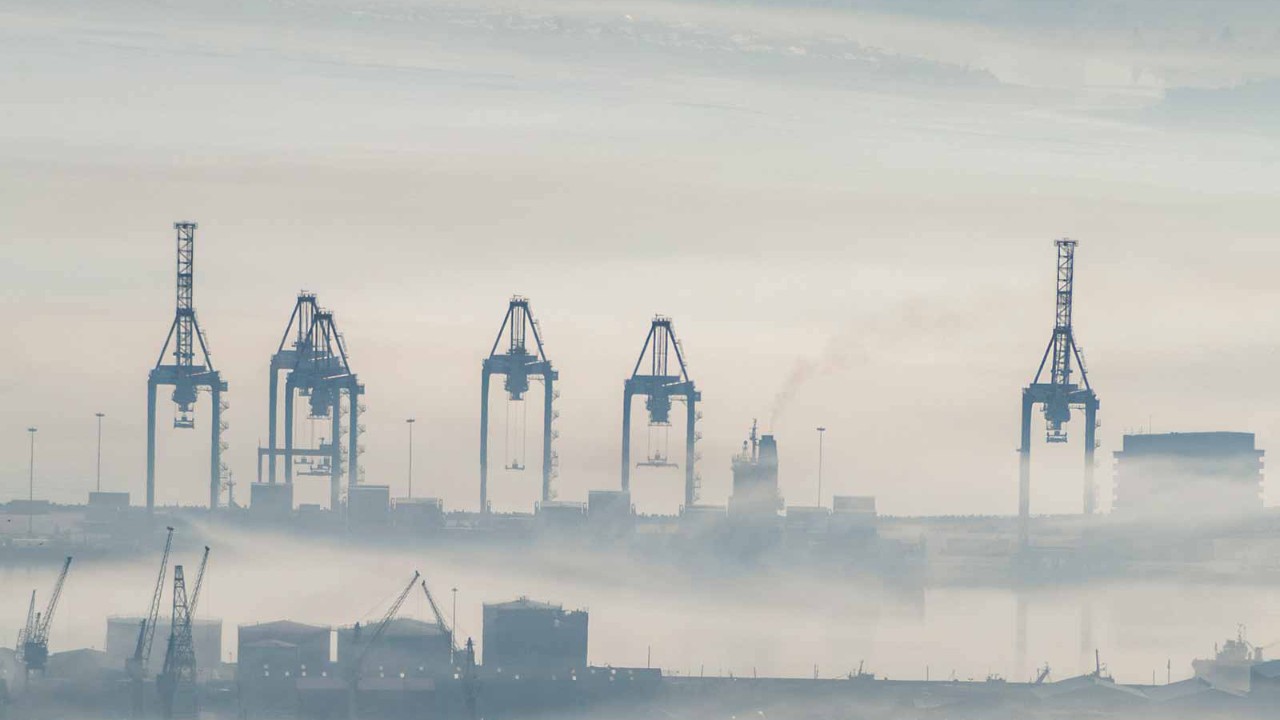
When it comes to climate change, it is Africa that is taking the rap. Although the continent generates less than 4% of the world’s carbon emissions that are driving climate change, it suffers disproportionately from the negative consequences of that change. In recent years, enormous tracts across the continent have suffered from exceptionally severe floods, protracted droughts and extreme heatwaves.
With man-made climate change implicated in environmental crises all over the world – from extreme bushfires in Australia, California and southern Europe to severe flooding in Malaysia, and everything in between – there has been a growing clamour of countries noisily declaring their commitment to net zero. But with the exception of South Africa and Malawi, which have taken bold steps towards net zero (see box below), Africa has been largely silent on carbon neutrality.
The challenges
Why should this be? The simple answer is that the continent faces some uniquely difficult obstacles to reaching net zero.
One is that Africa has long been almost entirely reliant on an energy mix – wood, charcoal and dry dung, as well as oil and gas – that undermines its natural resources. The need to transition to greener sources is a challenge in particular for the oil-rich countries that harvest huge tax revenues from oil – seven of Opec’s 13 members are African nations.
‘It is not fair that regions that are losing lives and livelihoods to climate change also have to pay a high cost to switch to renewables’
Then there is the cost of green technology. Access to finance is vital for the green energy transition, as the upfront capital cost for businesses switching to cleaner but immature technologies remains relatively high.
Lacking the business reputation to convince risk-averse financiers in a relatively underdeveloped capital market, African SMEs are more likely to seek long-term credit from microfinance institutions. But the microfinance sector often lacks knowledge about sustainability and is less likely to appreciate the importance of sustainable growth and investment.
Share the cost
A 2021 study, Higher cost of finance exacerbates a climate investment trap in developing economies, calls for development finance organisations, the International Monetary Fund, investors and policymakers to help underwrite the perceived greater risks of low-carbon investments and bring down the weighted average cost of capital in developing economies.
The study’s lead author, Nadia Ameli, says: ‘We don’t believe it is fair that regions where people are already losing their lives and livelihoods because of the severe impacts of climate change also have to pay a high cost of finance to switch to renewables.’
However, it is also worth pointing out that the cost of green technology continues to fall as innovations reap efficiency gains. The continent’s first locally built electric bus, Uganda’s Kayoola EVS, is manufactured by state-owned Kiira Motors and due to start production this year, although making it competitive with fossil-fuel equivalents will be a challenge.
The opportunities
Both within their operations and along their value chain, businesses can achieve significant reductions by implementing robust risk management, setting metrics and targets, and establishing a strategy to deal with potential business threats to the environment. Despite the undoubted challenges, there is a myriad of opportunities for businesses in Africa to race to net zero without slowing economic growth.
The agro-allied sector is one industry that can benefit from growing investments in large-scale reforestation. They include environmental projects such as Total’s Nature Based Solutions, which is investing US$100m a year for 10 years in sequestering five million tonnes of CO2 by 2030 through reforestation. The Republic of Congo is one of the first to take advantage of such opportunities with a fully funded US$230m project to plant a 40,000-hectare forest on the Batéké Plateau.
In the transport sector, opting for low-emission systems and infrastructure will reduce congestion levels and diminish dependency on (and therefore the cost of) energy. However, electric vehicles remain rare in most of Africa. In South Africa, thought to be the continent’s largest electric vehicle market, there are only about 1,000 electric vehicles on the roads. Looking ahead, insurance companies in Africa could also introduce products such as reduced premiums or a pay-as-you-go pricing strategy to reward customers who use an electric vehicle or do less driving.
Energy potential
Africa leads the world in terms of potential for renewable energy generation due to its substantial solar, biomass and wind resources. And the cost of exploiting those resources for energy are falling fast. The unit price for generating solar photovoltaic energy, for example, shrank by 77% between 2010 and 2018, while onshore and offshore wind costs have also dropped substantially.
The continent has added over 1.8 GW of new solar installations in recent years, mainly driven by Egypt, South Africa, Kenya, Namibia and Ghana. Tunisia’s TuNur, a massive solar project currently under construction in the Sahara, will generate an estimated 2,250 MW of electricity. It will not only provide cheaper, cleaner and more efficient energy to Tunisians but will also meet up to 15% of Europe’s energy requirements by 2050.
Meanwhile, Ethiopia intends to supply all domestic energy demand through renewables by 2030. The country has been steadily tapping its potential 10 GW of wind power capacity and is now building a fifth wind farm with a capacity of 100 MW.
Jobs generator
Green innovation also has an impressive ability to create more jobs. According to the International Renewable Energy Agency’s Global Renewables Outlook: Energy transformation 2050, the renewable energy sector alone could create another two million jobs in sub-Saharan Africa by 2050. Further job creation will come from other green endeavours such as the manufacture of goods that diminish greenhouse gas emissions, biofuel energy from agricultural production, land and environmental management practices and ecotourism activities.
The truth is that the net-zero campaign is all about short-term pain for long-term gain. With the right initiatives and investment, Africa can – and, indeed, must – achieve carbon neutrality by mid-century. As Mohammed Adjei Sowah, the mayor of Ghana’s capital Accra, said at a 2018 planning meeting in Nigeria on urban climate action in Africa: ‘We cannot ignore the implications of what will befall us if we do not act now.’
Net zero
‘Net zero’ refers to the balance between the amount of greenhouse gas released into the atmosphere (the driver of climate change) and the amount removed from it. A country may trade off the greenhouse gas it emits by removing at least the same amount through carbon sinks such as forests. A country may therefore theoretically emit greater quantities of greenhouse gas than ever but still be able to achieve net-zero emissions.
In 2015, all but a handful of countries signed up to the Paris Agreement – a legally binding treaty to substantially reduce the negative impact of human-induced climate change by keeping the rise in mean global temperature to no more than 2°C above pre-industrial levels. In 2018, the Intergovernmental Panel on Climate Change declared that achieving this would require countries to deliver net zero.
More information
Visit ACCA’s Sustainability Reporting hub to find out more about the issues relating to sustainability, the impact on organisations and the part you can play.



